Planned IRS Rules on Partnership Maneuver Exposed to Challenges
The latest IRS effort to curb a tax avoidance maneuver used by large partnerships could invite an onslaught of litigation challenging the agency’s authority.
The agency announced a three-pronged plan Monday to go after partnership basis shifting transactions, a technique that involves a business shifting tax basis to other related legal entities to shrink tax liabilities. It is expected to raise more than $50 billion over 10 years, the Treasury Department said.
But the tax code allows for a change in basis, tax professionals said, so regulations the IRS said it intends to release will likely be challenged in court. This latest move from the IRS comes as it sees an increase in Administrative Procedure Act litigation and awaits a pending Supreme Court case that could unravel some of its most controversial regulations.
“What Treasury is trying to do is essentially write a new section of the statute that Congress didn’t enact,” said Rob Kovacev of Miller & Chevalier, adding there are legitimate reasons for partnerships with related parties to want to distribute property or relinquish its partnership interest that isn’t for tax- avoidance purposes.
The IRS is attempting to tackle sophisticated structures created by top-tier tax lawyers, a challenging task for an agency rebuilding after decades of underfunding. It is part of a broader effort from the agency to collect the money it’s owed from complex partnerships, which saw a steep decline in audit rates over the past decade.
The plan includes a proposed regulation that increases reporting requirements for certain related-party partnership transactions and a revenue ruling that states these transactions lack economic substance, which aims to help with future audits. The IRS also intends to propose two regulations addressing basis shifting.
“The code doesn’t say, ‘You can’t do it if there isn’t any economic element,’” said Bill Smith, a managing director at CBIZ Inc., referring to the revenue ruling that applies the economic substance doctrine to these basis-shifting transactions. The doctrine essentially requires a transaction to have a business reason other than tax avoidance.
Legislation Needed
Reforming these types of basis-shifting transactions needs a legislative fix, said Monte Jackel, a federal partnership tax expert at Jackel Tax Law, in an email.
Senate Finance Committee Chair Ron Wyden (D-Ore.) has been vocal in calling for changes to partnership law.
The lawmaker in a statement said he’s honing a proposal “to reform the rules on partnerships because today those rules allow the wealthiest individuals and most profitable corporations to decide when, and whether, to pay taxes at all.”
The IRS proposals will likely affect more than just related-party partnerships, especially those with tax- exempt or foreign members, said Monisha Santamaria, a KPMG principal. Complying with these proposed rules would require significant data sharing, creating administrative costs that partnerships don’t have right now. Plus, some the guidance is set to take effect retroactively, she said.
“It requires taxpayers to carefully analyze past transactions to see when these rules would apply,” Santamaria said. “We’re still digesting these rules, but they seem very significant.”
Others agreed with the agency’s new initiative, saying basis shifting needs more scrutiny.
“It’s a step in the right direction, but good luck trying to enforce it,” RSM US LLP Partner Jerry Musi said.
